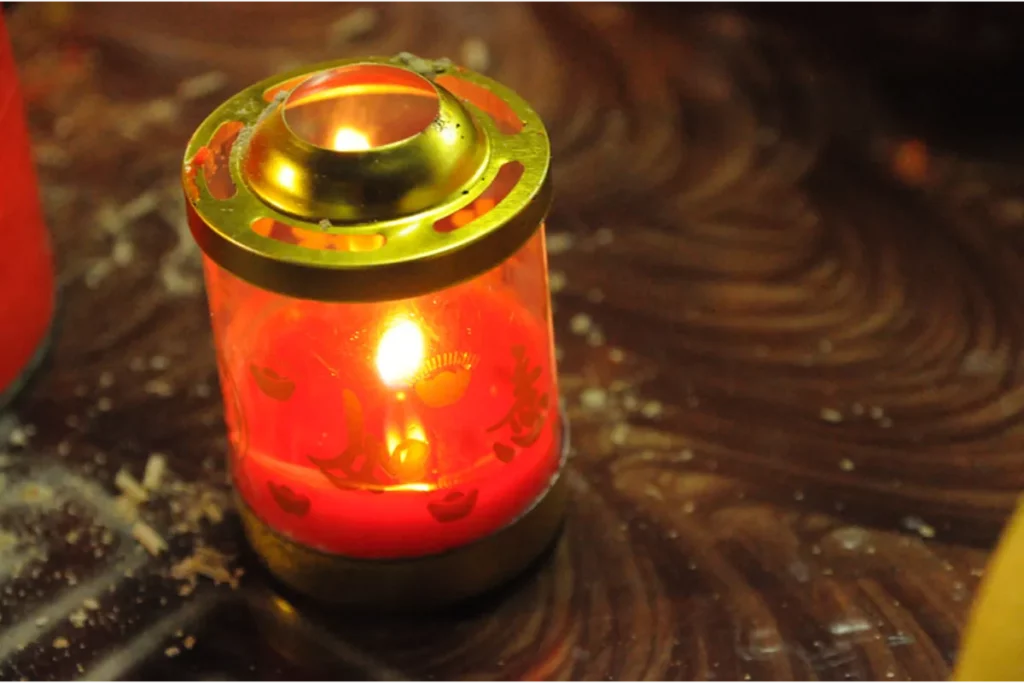Last Updated on 12-30-2023
Gift-giving holds immense significance within Taiwanese culture, underscoring the need for meticulous consideration in both gift selection and the timing of presentation to avert any inadvertent faux pas. The adept selection of an appropriate gift coupled with a well-timed presentation not only showcases our adherence to etiquette but also conveys genuine respect and appreciation to the recipient.
Taboo Gifts
Clocks, Watches, Pocket watches

In Mandarin, the term for “clock” bears resemblance to the word connoting “end,” imbuing the act of gifting a clock with the ominous suggestion of the recipient’s demise. By extension, presenting someone with a clock inadvertently echoes the phrase, “I’m counting down the seconds to your death!” In the event that a clock is inadvertently bestowed as a gift, the recipient can rectify the situation by offering the giver a sum of money, effectively symbolizing the purchase of the clock from the giver and thereby ameliorating the unintended misstep.
White Flowers, Candles
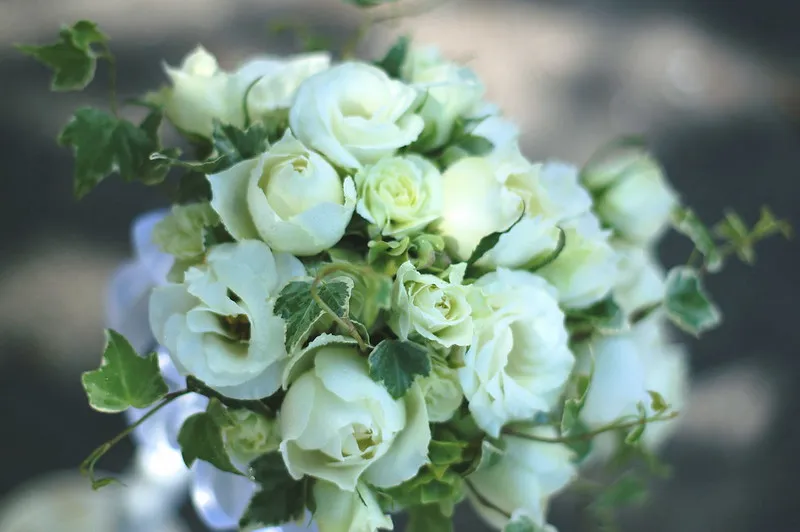
Candles predominantly find their utility in Chinese culture for ceremonial purposes such as funerals and acts of worship. Moreover, white flowers bear funerary connotations within certain religious beliefs, rendering them less appropriate for the context of gift-giving.
Mirrors, Umbrella, Shoes

A “mirror” holds a delicate nature, symbolizing the difficulty of reuniting a broken mirror—an inauspicious notion in Eastern traditions. Similarly, the term “umbrella” harmonizes with the term “散,” signifying “separation.” Meanwhile, “shoes” align with “邪,” connoting “misfortune” and carrying subtle undertones of “parting,” “departure,” and “farewell.”
Pears, Plums
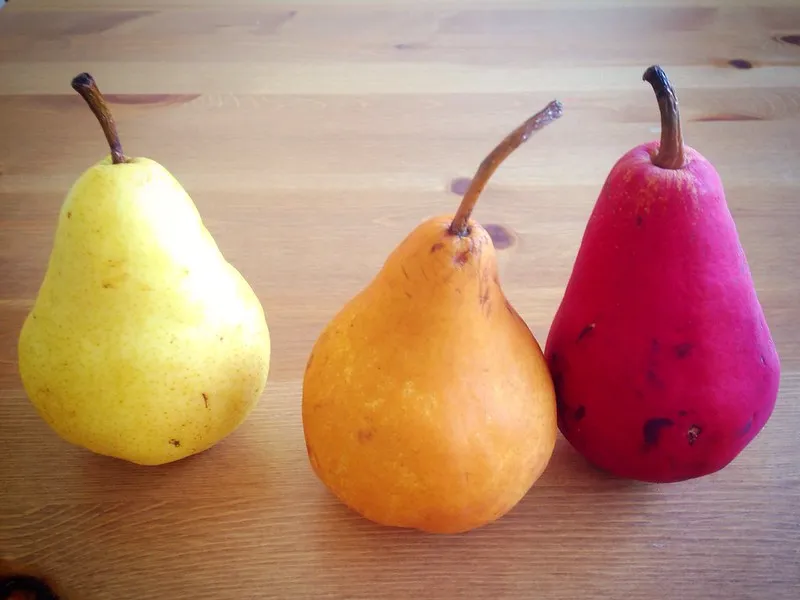
When paying visits to the unwell, numerous individuals opt for fruit gift assortments. However, they conscientiously refrain from selecting pear or plum arrangements a similar reason as avoiding mirrors. This precaution arises from the fact that the pronunciation of “pear” and “plum” closely resembles the term for “leave,” suggesting a desire for separation from the recipient.
Scissors or knives
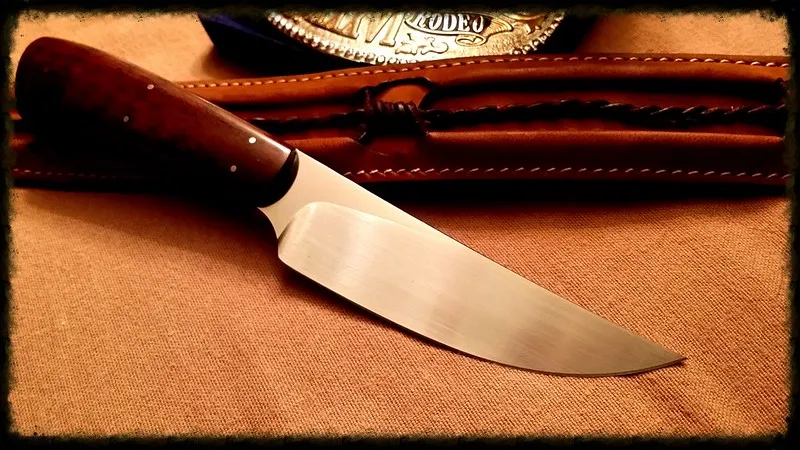
Regardless of the considerable investment made in acquiring a knife from William-Sonoma, it is advisable to refrain from presenting it to a Taiwanese individual. The act of giving sharp objects to those you hold dear or wish to keep in your life is discouraged, as it symbolizes the termination of a relationship rather than its continuation.
Don’t give gifts in “fours”

The number four is commonly perceived as harboring ill luck. Therefore, it’s advisable to steer clear of receiving gifts that come in sets of four. On the contrary, the number eight is considered exceptionally auspicious. In this context, you might consider doubling a set of four items to align with the positive symbolism of the number eight.
Rules
Never open a present in front of the giver

Unwrapping a gift in the presence of the giver is generally considered impolite. It’s more courteous to open the gift at a later time, unless the giver specifically requests or insists that you open it immediately.
Similarly, if you present a gift to someone, it’s important not to take offense if they don’t immediately tear open the wrapping paper with excitement. If you give someone a gift while you’re with them, they typically won’t open it without your prompting.
Give and receive a gift with two hands
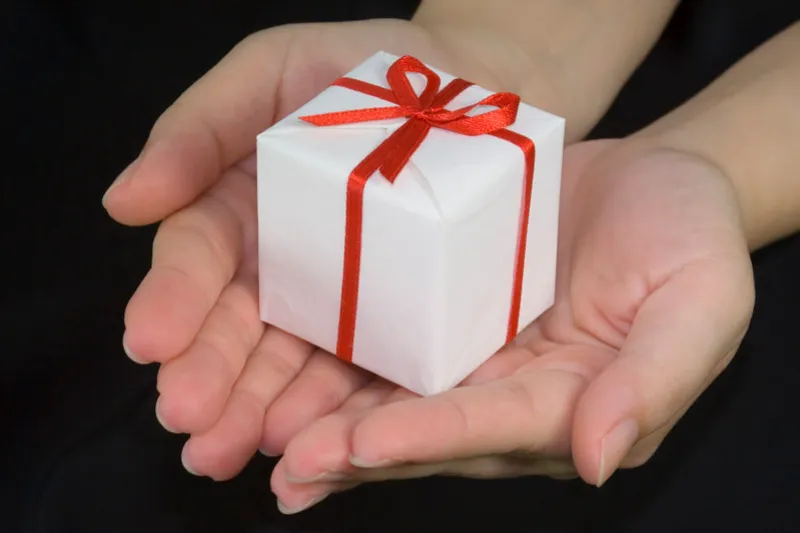
In Taiwan, the act of presenting and accepting gifts using both hands is regarded as a gesture of respect.
Refuse the gift a few times before accepting

As a matter of common courtesy and tradition, it is customary to decline a gift a few times before ultimately accepting it. Similarly, if you are the one offering the gift, it’s important not to give up after the recipient’s initial refusal and retain the gift for yourself. Instead, persist in offering the gift until your friend finally agrees to accept it.
Guided by etiquette and tradition, there are some remarkable habits associated with the act of giving and receiving gifts. In Taiwan, the exchange of gifts serves not only as an expression of emotions but also as a means of demonstrating mutual respect and care. By selecting appropriate gifts, timing their presentation thoughtfully, and showing respect during the gift-receiving process, we contribute to fostering harmonious and profound relationships in our interpersonal interactions. Whether these customs offer insights into the core of our culture or uphold mutual esteem in our day-to-day exchanges, they underscore the emotional bonds that connect individuals.





